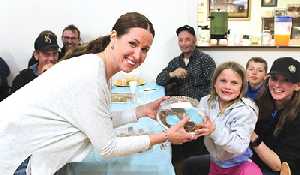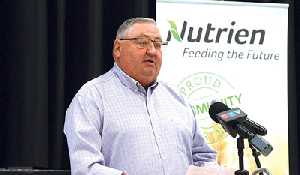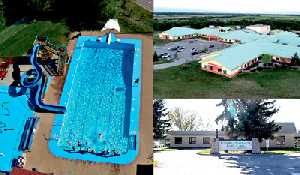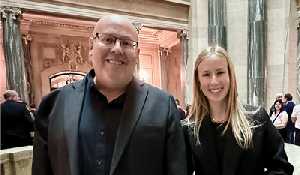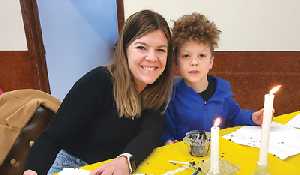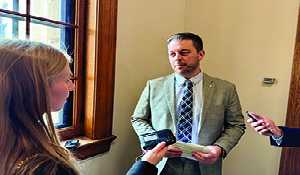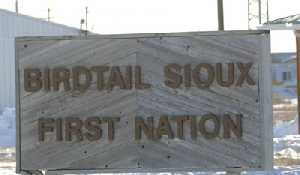Cardiac devices can be checked at SEICC
New medical service in Moosomin
November 22, 2021, 7:23 am
Kevin Weedmark
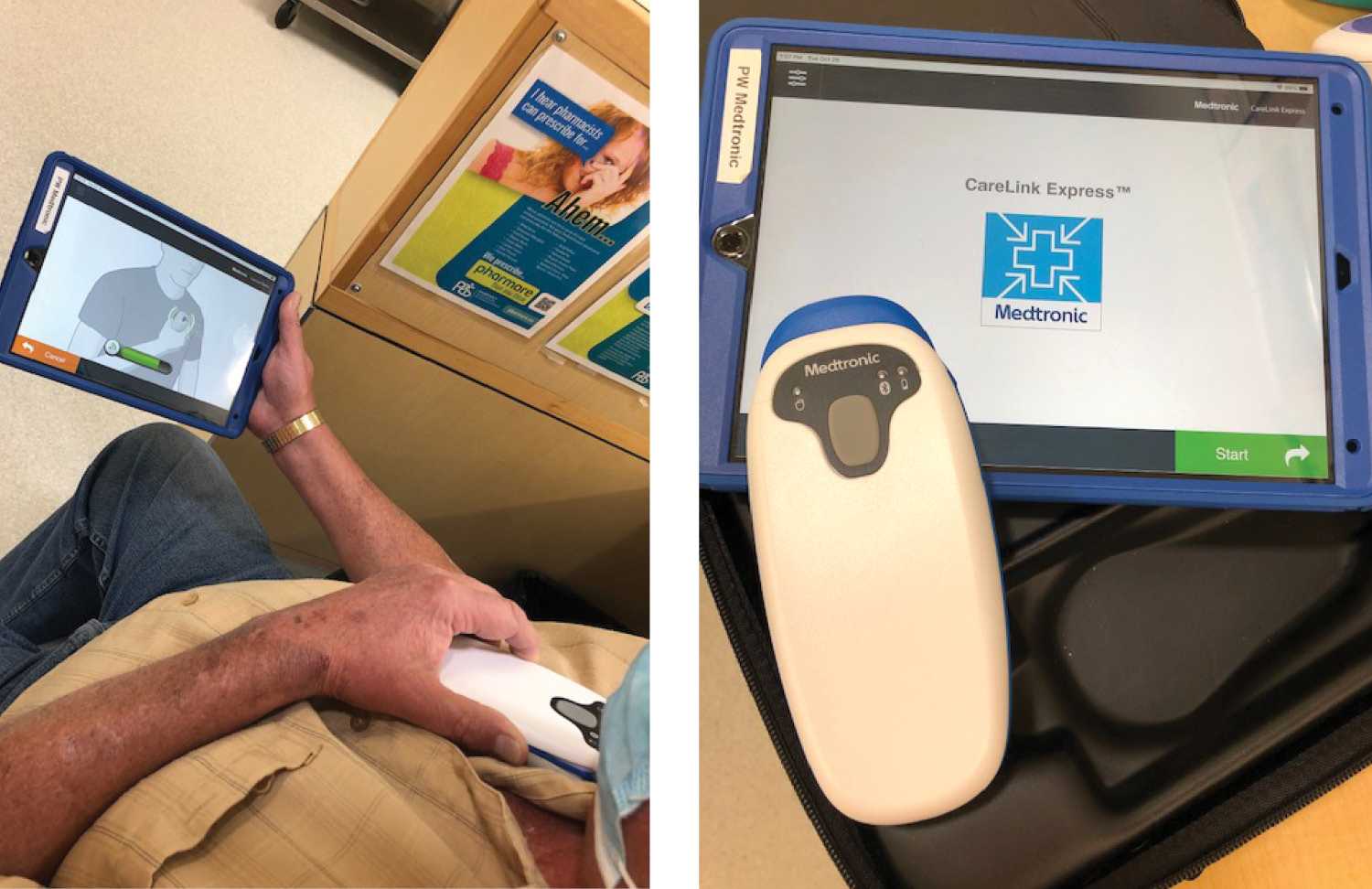

A new service is available at the Southeast Integrated Care Centre in Moosomin that will make life easier for many cardiac care patients.
Patients who formerly had to have their cardiac devices checked at an urban hospital can now have the procedure done at the Southeast Integrated Care Centre in Moosomin through CareLink Express. So far, the service is providing better service to patients in the southeast region, while taking the load off urban facilities.
Vicki Ehrlich, the Saskatchewan Health Authority lead responsible for Cardiosciences (South), says the pandemic indirectly led to the new service coming to Moosomin. She says the new service in Moosomin and other communities is serving patients closer to home, and taking the load off Regina General Hospital, where all the tests had been done previously.
“I knew of the technology about two to three years ago, prior to the pandemic,” she says. "With the pandemic, we had a two-part problem. Patients were cancelling appointments because they were nervous to come into Regina General Hospital because of fear of Covid, and we had service reductions because I had to redeploy staff. Therefore, we were not booking as many patients. That created very extensive wait lists. We have timelines on which we should be assessing the device itself and we were not meeting those timelines."
“So we connected with our main vendor that we purchase our cardiac devices from—the pacemakers and other devices—and we asked what’s involved, what’s the cost to offer this in more facilities. The cost is relatively inexpensive considering the sheer positive aspects of what this has done.
“We worked with our IT partners in Moosomin and Trent Truscott in Moosomin, and the managers, and we got the service operating. It’s actually a pretty slick way and an easy and non-technical way to get the services the patients need.”
Ehrlich says patients can have their device checked in Moosomin and save a trip to the city.
“If the patient’s pacemaker is brand new we have to see them in the clinic once and then after that it’s at certain check points, it’s either at one or two years depending upon the device we’re looking at.
“By us having CareLink Express, the patients simply get an appointment in Moosomin, they go in and all the person does is they get a wand put over the pacemaker site. The wand is the size of a deck of cards and it will allow us to remotely connect the patient’s pacemaker to the Regina General Hospital’s device clinic team computer and the transmission takes place. It takes eight to 10 minutes.
“What’s really great about it is grandpa or grandma get to stay in their own home community and they’re not having to drive, which could be on bad roads, and when we are so busy with the pandemic it helps us—there’s less foot traffic in the General Hospital.
“If the patient is elderly, having the check done in Moosomin means the son or daughter or grandson or whoever doesn’t have to take time off work, go pick up grandma and take her into the city.
“Moosomin, as you know, is two and a half hours away from Regina so it’s a whole day affair to go into the city. This service keeps them in their home community, and once the transmission goes through we send out a letter to the physician, the GP, to say the patient’s pacemaker is functioning just fine, there’s no further requirement needed. If we find something we’ll tell them, we may also call them depending upon how severe it is and if it’s something like a battery that needs to be changed, we will make an appointment to bring that person into the hospital and we will take care of them.”
Ehrlich said no special staffing is needed at the sites providing the CareLink Express service.
“If a patient comes into Moosomin, it can be a variety of people who help them, it doesn’t have to be a registered nurse,” she said.
“It can be a laboratory assistant, it can be a medical office assistant because there’s no real technique involved other than good patient interaction and putting the wand on the chest. Then it automatically sends that impulse in. I’ve got teams on my staff on my end that if they’re assigned to CareLink transmissions for the day that’s all they view. We view it in real time.”
CareLink Express is now offered in several communities in southern Saskatchewan—Swift Current, Yorkton, Moose Jaw, Estevan and Moosomin.
“We rolled out Swift Current and Yorkton just before the pandemic really started and then I rolled out Moose Jaw, Estevan and Moosomin during the pandemic, in the spring of this year,” says Ehrlich.
She says there has been very positive feedback on the new service.
“We have done satisfaction surveys and the patients love it,” she says. “They like to stay in their home community, they don’t like to be on the road, it saves time for them, there’s a financial saving for them because they’re not paying for fuel and maybe a meal out and that sort or thing.
“We have extensive wait lists that have been reduced and now we are going to start booking appointments in advance probably by January. We’re going to get caught up, which is tremendous. We were substantially behind and now we’re in a much, much better position.”
Ehrlich says patients within a large area around Moosomin will be having their checks done at SEICC instead of having to travel to the city.
She said providing the service in Moosomin is the result of new technology and initiative within SHA to improve the service cardiac care patients receive.
“It came about because we knew of the technology,” says Ehrlich. “Both directors—myself and my colleague from Saskatoon—have a really good working relationship with our current vendor and we knew of the technology. We simply wrote a briefing note asking to be able to purchase them. We could see what was happening with our appointments and we knew we were headed for a significant issue if we couldn’t get these patients in, from a safety perspective.
“So thankfully we didn’t have anything untoward happen but there was the risk when everyone was being sent to one central location in Regina, so this technology has greatly assisted us to keep everybody safe. I think this has been a great way to keep the patients of Saskatchewan safe.”
